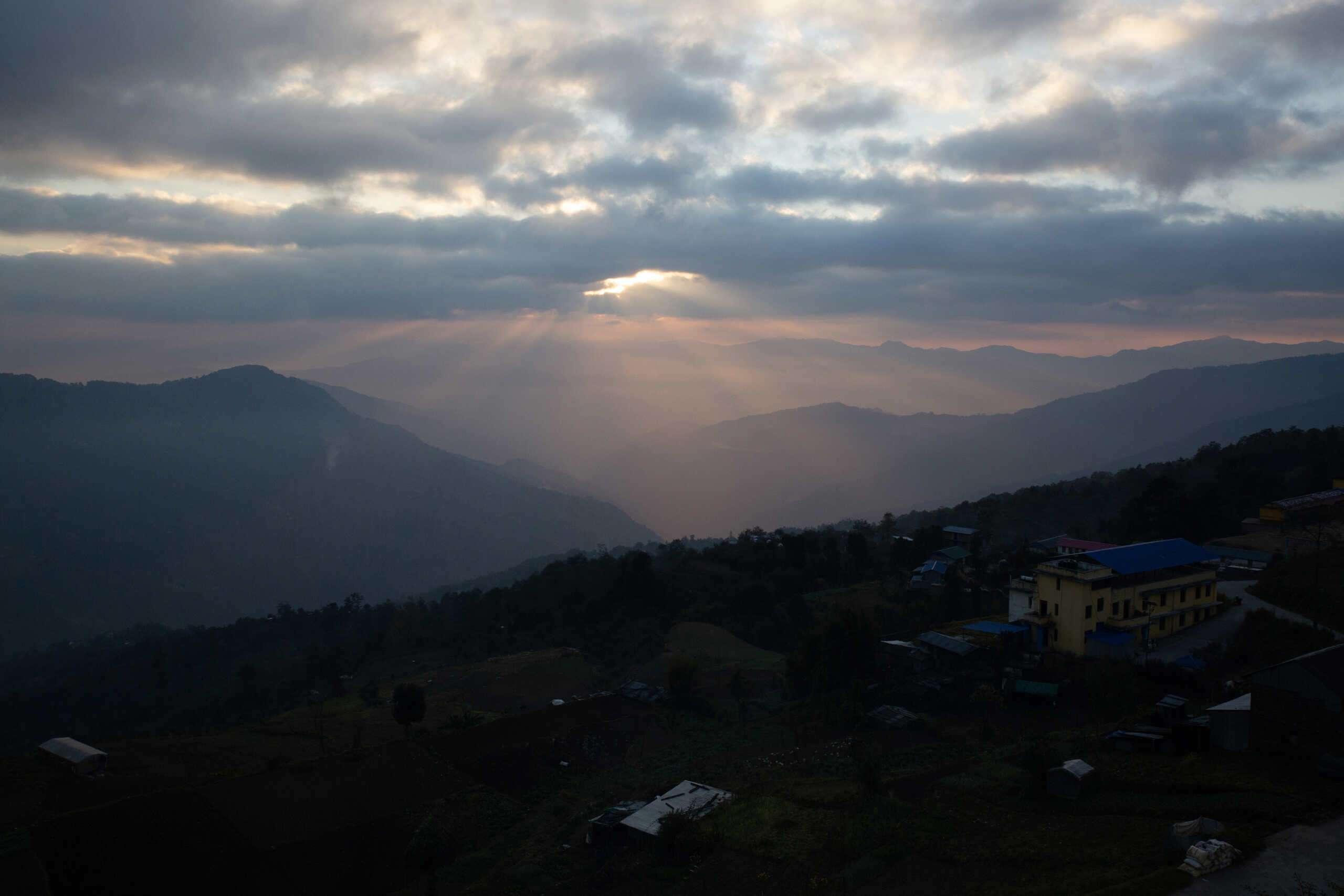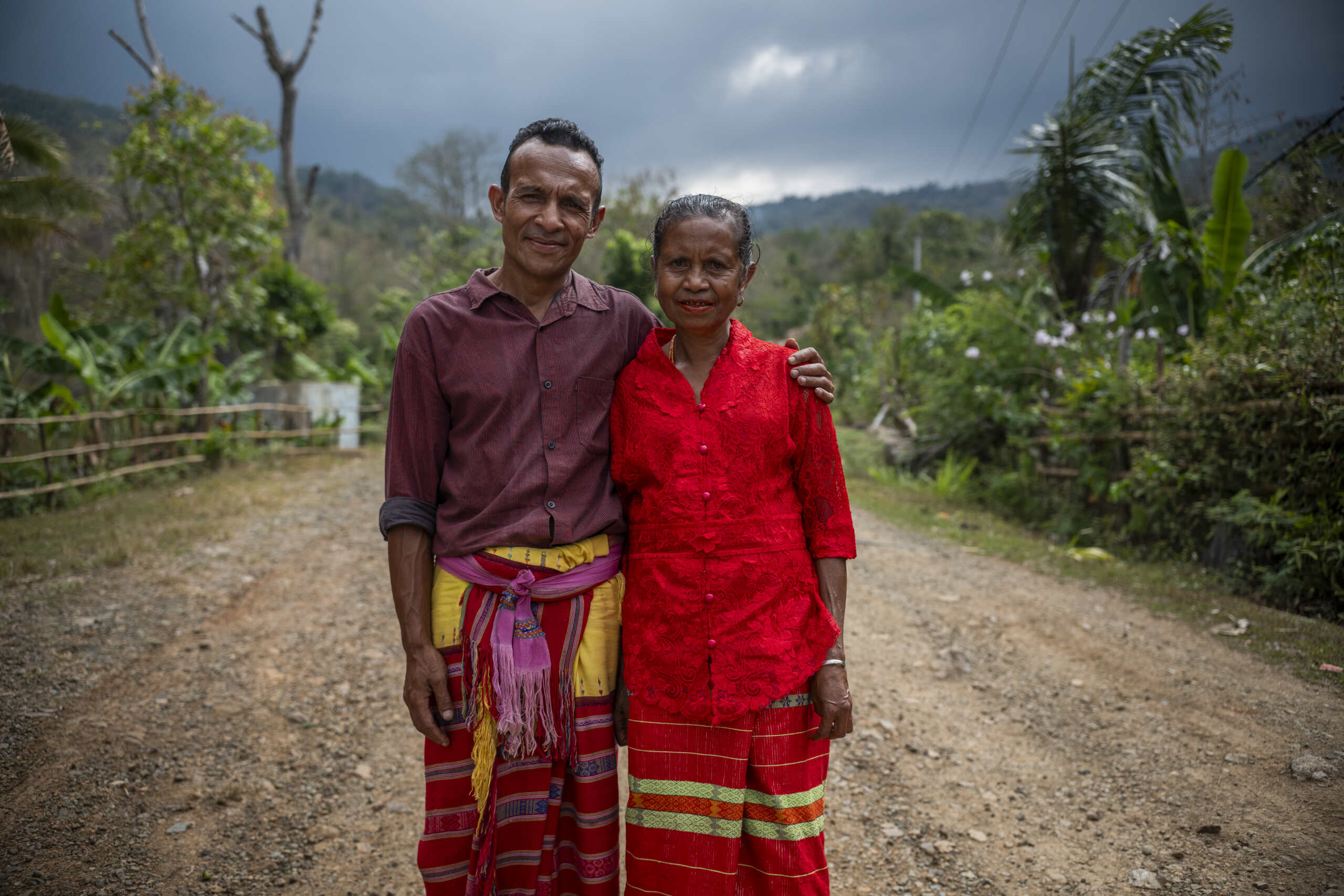Stevie Wills on grief, growth and the power of accessibility
Idpd-case-studies, Stories | October 21, 2025
For Stevie Wills – performance poet, writer, disability advocate and CBM Australia associate – accessibility is not just about infrastructure; it’s about dignity, possibility and being seen.
Growing up with Cerebral Palsy, Stevie often felt like she was a burden. “But through counselling, I realised I am not a burden, I am a blessing.”
The drive to realise justice for others became the foundation of her advocacy.
“I thought, ‘people with disabilities might not know that they’re not a burden. They need to know they’re a blessing. And people need to know that people with disabilities have contributions to make’.”
Stevie’s journey started with volunteering and eventually led to a career with CBM Australia. She’s now been to Parliament House multiple times to lobby politicians at the highest level of government.
But her path hasn’t been easy.
After topping her year 12 class, university was the clear next step for Stevie. Yet without proper access to support outside of tutorials and lectures, Stevie struggled to keep up. “I had the brain to do a degree, but not the physical capacity to keep up,” she says.
“I dropped out and I was devastated. I went into depression and had to grieve the loss of dreams and expectations.”
Stevie is a wheelchair user and now uses to voice-to-text software to enhance her written communication abilities. It’s helped her to live out her ambition and capabilities, including running a business that helps young people with frameworks for including their peers with disabilities.
Still, Stevie negative attitudes can be a bigger barrier than infrastructure.
After a successful trip to Canberra lobbying for increased Australian Aid, Stevie was preparing to fly home, independent and confident. “I saw a group of flight attendants talking outside the plane. After a few minutes, I realised they were talking about me.
“No one came near me. I was eventually told that the airline staff weren’t sure that I could fly because I couldn’t communicate.
“Without even talking to me, they decided I couldn’t communicate!” Though she was eventually allowed to board, the experience left Stevie shaken. “For two weeks I had anxiety. Even now, I get anxious when I fly.”
Stevie’s story is a powerful reminder that discrimination isn’t always loud – it can be subtle and just as harmful. She challenges us to rethink what accessibility really means. “It’s not about what’s easy or cheaper. It’s about putting people first.”
She urges governments and communities to consult people with disabilities in every decision, and to recognise accessibility as a non-negotiable right.
Her vision of a fully accessible world: “Vibrant. Rich with everyone’s contributions.”
“Access means I can develop as an artist. It means I can run a business. It means I can be who I am and be valued for it.”
https://www.cbm.org.au/idpd-case-studies/stevie-wills-on-grief-growth-and-the-power-of-accessibility
Related Stories

Building inclusive, climate resilient communities in Bangladesh
Highlights from DFAT Post’s visit In January 2026, representatives from the Australian High Commission in...

Week 1 – Lent series 2026
As we enter the season of Lent, we’re taking time as a community to pause, reflect, and draw closer to the heart of God. Lent invites...

How CBM is making a difference in Indonesia
For more than 45 years, CBM Global has been working alongside communities in Indonesia to ensure people with disabilities...
